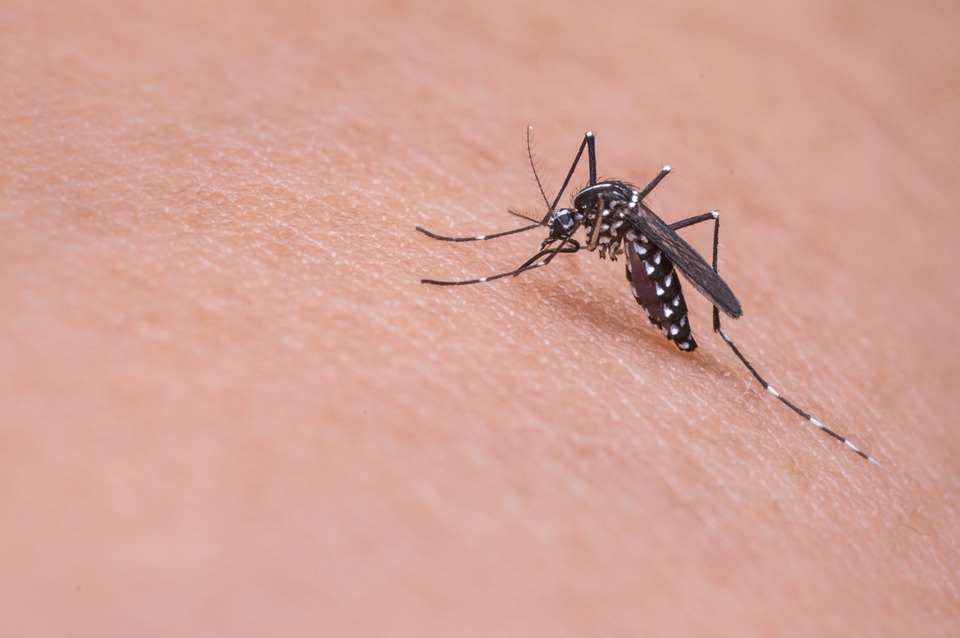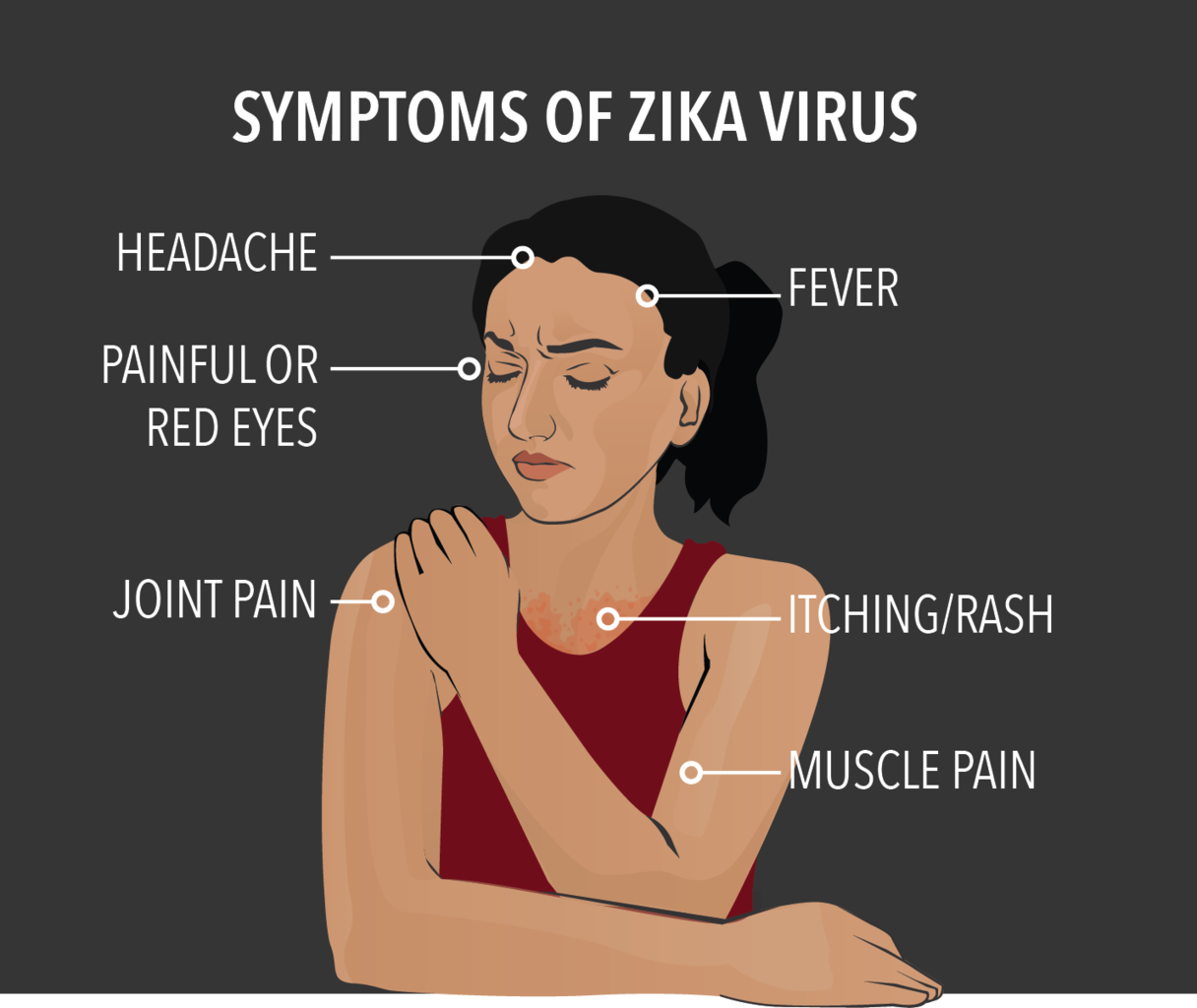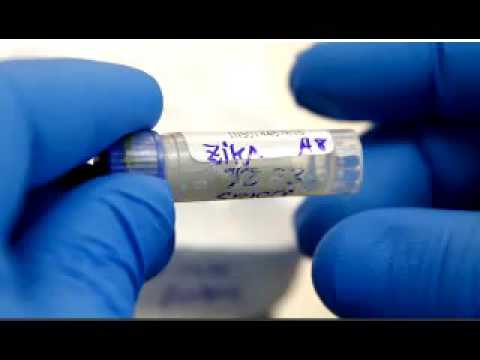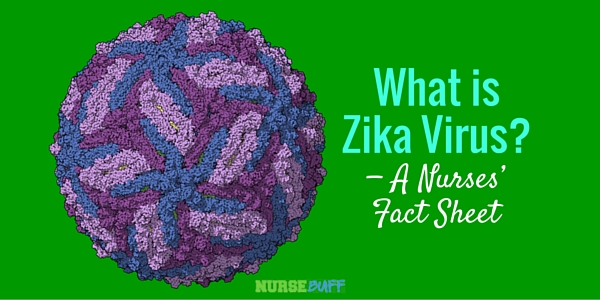What is Zika Virus and how can nurses deal with suspected cases?
The emergence of Zika Virus Disease has caught the attention of the medical community when an outbreak that began in Brazil last April 2015 spread to other countries in Central and South America. Different Zika outbreaks occurred in the past years in tropical countries and currently, more travel-associated cases are being reported in the US.
If you know little about Zika virus, here are some of the most important information nurses should know about it:
What is Zika Virus Disease?
Zika Virus Disease, otherwise known as Zika or Zika infection, is a viral infection caused by an infected Aedes-specie mosquito. Zika belongs to the genus Flavivirus so it is also related to dengue, West Nile, yellow fever and tick-borne encephalitis viruses. Most people infected with Zika virus experience mild or even no symptoms at all making diagnosis hard until complications occur.
Zika Virus Origin
Zika virus is named after the Zika Forest in Uganda when it was first discovered in 1947. The virus was isolated from monkeys and mosquitoes by the scientists of the Yellow Fever Research Institute.
The first recorded cases of human infection were reported in 1952 when serological surveys were done in Nigeria and Uganda. During that survey, 84 people were tested for Zika antibodies where 50 were found to be immune.
Since then, Zika outbreaks have been reported in different parts of Africa and in the tropical areas of Central & South America, Pacific Islands and Southeast Asia.
How is Zika Transmitted

There are four ways how Zika virus can be transmitted – through mosquito bites, mother-to-child transmission, sexual contact and blood transfusion:
- Mosquito Bites
Mosquitoes under the Aedes specie like Aedes aegypti and Aedes albopictus are known carriers of Zika virus. It is the same mosquito specie that can carry dengue and chikungunya viruses. By biting an infected person, the mosquito can spread Zika virus to other people through bites as well.
Aedes species mosquitoes thrive in tropical areas. They are aggressive daytime biters and typically live indoors near people.
- Pregnancy (Mother-to-child)
A pregnant mother infected with Zika virus can pass the infection to her unborn child through placental blood or through childbirth. There is no evidence yet of infection transmission to infants through breastfeeding.
- Sexual Contact
Cases of sexual transmission has been recorded in the past outbreaks of Zika infection. In the known cases of sexual transmission, men exhibiting symptoms were able to transmit the infection to their partners. However, in one particular case the infection was transmitted by a man few days before he started exhibiting symptoms. Scientists also found out that Zika virus can thrive longer in semen than in blood.
- Blood Transfusion
During the Zika outbreak in French Polynesian, around 2.8% of blood donors screened tested positive for the virus. Currently in Brazil, there has been reported cases of blood transfusion transmission and ongoing investigations are being carried out to confirm it.
Also Read: Demystifying HIV – HIV Facts that Nurses Need to Know
Signs and Symptoms

The most common signs and symptoms of Zika infection are:
– Fever
– Rashes
– Conjunctivitis
– Joint pain
Other symptoms frequently reported by patients with Zika Virus Disease also include:
– Headache
– Muscle pain
Most patients infected with Zika exhibit mild symptoms only. In some cases, patients do not exhibit any symptoms at all. Symptoms last for several days up to a week but the virus can remain in the patients’ body even after the symptoms resolve.
Diagnosis, Treatment and Management

Zika is diagnosed by evaluating a patient’s symptoms, recent history of travel and blood tests. There are two blood tests recommended by the Food and Drug Administration for the detection of Zika virus in a patient’s bloodstream – the Zika MAC-ELISA and Trioplex Real-Time RT-PCR Assay. Both tests can detect Zika virus from blood specimens collected after onset of symptoms.
Currently, there is no known medicine or vaccine effective against Zika virus. People who get infected are provided with supportive treatment like taking acetaminophen to reduce fever and drinking fluids to prevent dehydration. Symptoms usually resolve within several days and there are very rare cases of deaths from the infection.
Also Read: 8 Things Nurses Need To Know About MERS-CoV
Complications

Although Zika Virus Disease produces mild signs and symptoms only, it can still initiate serious complications:
- Pregnancy
Zika virus can be passed by an infected pregnant woman to her fetus. As a result, severe fetal brain defects may occur. Babies infected with Zika virus during pregnancy are born with microcephaly, a birth defect where the baby’s head is smaller than babies of the same sex and age. Impaired growth, hearing loss and eye defects are also some of the complications observed among babies infected during pregnancy.
- Guillain-Barre Syndrome (GBS)
Guillain-Barre Syndrome (GBS) can be triggered by Zika infection. In GBS, the person’s own immune system attacks and damages nerve cells thereby causing muscle weakness and paralysis. The Brazil Ministry of Health also reported an increased incidence of GBS along with the recent outbreak of Zika in Brazil so health officials are currently correlating the link between Zika and GBS.
Infection Prevention
Centers for Disease Control and Prevention (CDC) recommends standard precautions for Zika Virus Disease. Standard Precaution is based on the premise that all blood, body fluids, non-intact skin and mucous membranes can potentially transmit infectious diseases. To protect you and prevent the spread of infection to other patients, the following practices should be followed:
• Hand hygiene
• Proper use of Personal Protective Equipment (PPE)
• Respiratory/cough etiquette
• Safe injection practices
• Safe handling of potentially contaminated equipment or surfaces
Transmission of Zika virus through infected blood and body fluids is theoretical as of now since there is no documented case yet of Zika infection through occupational exposure among healthcare workers. However, Zika virus has been found in blood and body fluids of infected patients so following standard precautions is essential in preventing the transmission of infection from patients to healthcare workers.
Also Read: Top 10 Best Vitamins for Nurses
Tips in Dealing with a Suspected/Confirmed Zika Case
- When evaluating a patient presenting fever, rashes, conjunctivitis and joint pain, ask about the patient’s recent travel history. There is no official information yet about Zika’s incubation period but it is presumed to be 3 – 12 days. Currently, there are ongoing outbreaks of Zika in parts of South America, Oceania/Pacific Islands and Africa. Here’s an updated list of countries with reported active local transmission of Zika: http://www.cdc.gov/zika/geo/active-countries.html
- Once a patient presenting signs and symptoms of Zika has confirmed recent history of travel to countries with reported active transmission, the patient should undergo diagnostic testing. Recently, in addition to blood specimens, urine samples collected <14 days after onset of symptoms are now approved for rRT-PCR testing. Here’s a detailed instruction of CDC for Zika Diagnostic Testing: http://www.cdc.gov/zika/hc-providers/diagnostic.html
- Most cases of Zika Virus Disease can be managed at home. Advise patient to drink fluids and take acetaminophen to relieve fever and joint pain. Avoid aspirin and NSAIDs until dengue is ruled out to prevent aggravation of bleeding tendencies.
- Educate patient about preventing mosquito bites. Once a mosquito bites a person with Zika infection, it can carry the virus and pass to the next person it will bite.
- Zika virus remains in the patient’s body even after symptoms resolve. Because there are documented cases of sexual transmission for Zika virus, educate your patient about abstinence or using condom for sexual intercourse after recovering from the disease. Currently, there are ten confirmed sexually transmitted cases of ZIka Virus Disease in the United States.
There are still ongoing studies about Zika virus especially about its mode of transmission. Proper knowledge about infectious diseases will be your first defense against infections so always keep yourself updated with emerging and reemerging infectious diseases nowadays.



















